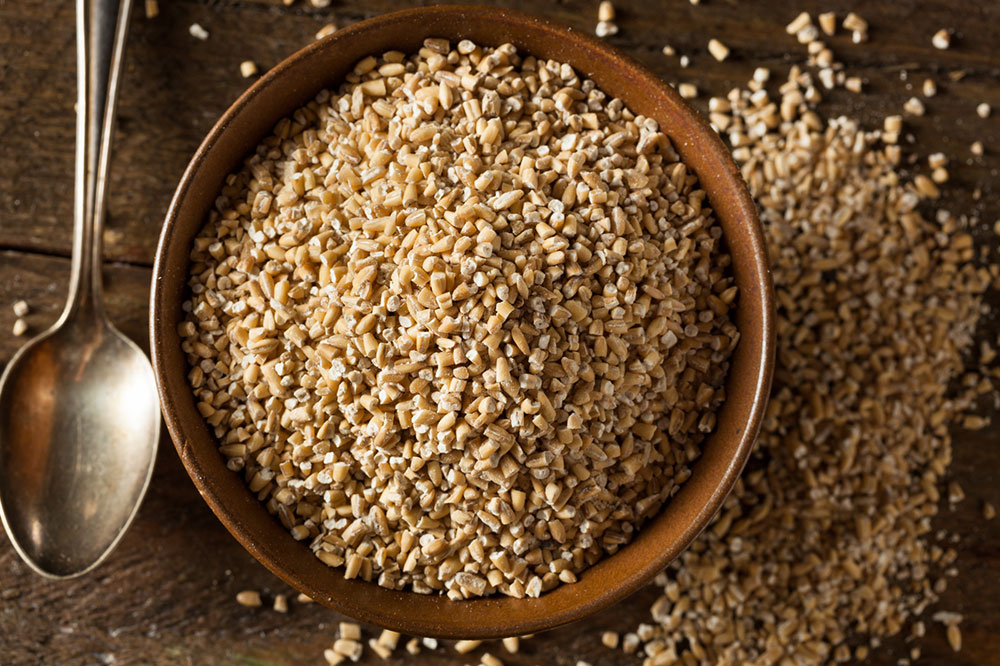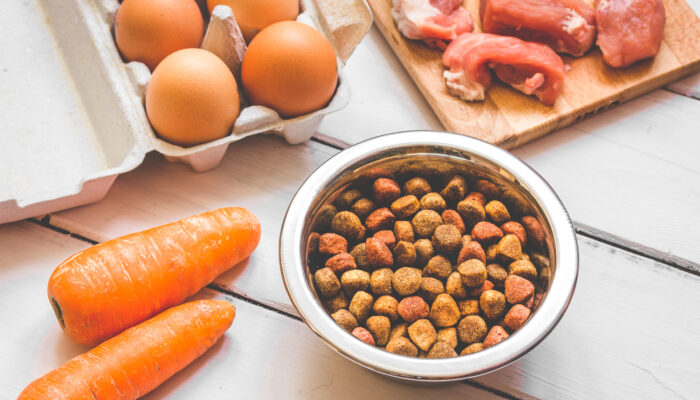
7 Cholesterol-Lowering Foods for a Healthy Heart
Our body needs some amount of cholesterol to carry out daily activities. But, too much cholesterol in the diet ends up sticking to the walls of the arteries, thereby blocking them. This further increases the risk of suffering from coronary artery disease and other heart ailments.
Lipoproteins present in our blood carry two types of cholesterol throughout the body – LDL (low-density lipoprotein), which is sometimes called the “bad” cholesterol, and a high LDL level leads to a build-up of cholesterol in your arteries. Another type, HDL, is sometimes called the “good” cholesterol. It carries cholesterol from other parts of the body back to the liver, which removes the cholesterol from the body.
The following are some cholesterol-lowering foods that can be included in the daily diet.
Oatmeal, oat bran and high-fiber foods
The soluble fiber, in oatmeal, reduces the “bad” cholesterol. It is also found in such foods as Brussels sprouts, apples, kidney beans, and pears. Soluble fiber can reduce cholesterol absorption into the bloodstream.
Fish and omega-3 fatty acids
They are rich in omega-3 fatty acids, which can reduce triglycerides in the body. A type of fat, triglycerides are found in the blood. These fatty acids can also lower blood pressure and the risk of developing blood clots. Omega-3 fatty acids do not directly reduce LDL cholesterol levels in the body. These acids also benefit the heart. Some omega-3 fatty-rich acids include mackerel, herring, tuna, salmon, and trout. People who don’t eat meat can consume cholesterol-lowering foods such as walnuts, flaxseed and canola oil, or supplements of the same.
Almonds and other nuts
A recent study suggested that a diet supplemented with almonds and other nuts can lower the risk of heart complications in people with a history of a heart attack. High in calories, a handful of these nuts added to a salad will help in lowering the cholesterol.
Avocados
They are a potent source of monounsaturated fatty acids (MUFAs). Adding an avocado a day in the diet can help reduce LDL or “bad” cholesterol levels, especially in overweight or obese people. Avocado slices can be added to salads and sandwiches or eaten as a side dish.
Olive oil
Olive oil can be used as a substitute for other fats in a daily diet. It can be used to saute vegetables and can be added to a marinade or a salad dressing along with vinegar. Olive oil can also be used as a substitute for butter to make a dip for bread and when basting meat. Olive oil contains mono-saturated fats and other antioxidants which keep the heart and overall immune system healthy.
Plant sterols
Stanols or sterols are substances found in plants that can block the absorption of cholesterol. Foods fortified with sterols are available. Some of them include orange juice and margarine. These foods can help reduce LDL cholesterol. However, plant sterols do not appear to affect triglycerides levels or the “good” cholesterol.
Whey protein
Whey protein is a type of protein found in dairy products, and may have some health benefits attributed to them. They can lower both LDL and total cholesterol, thereby controlling the blood pressure.



